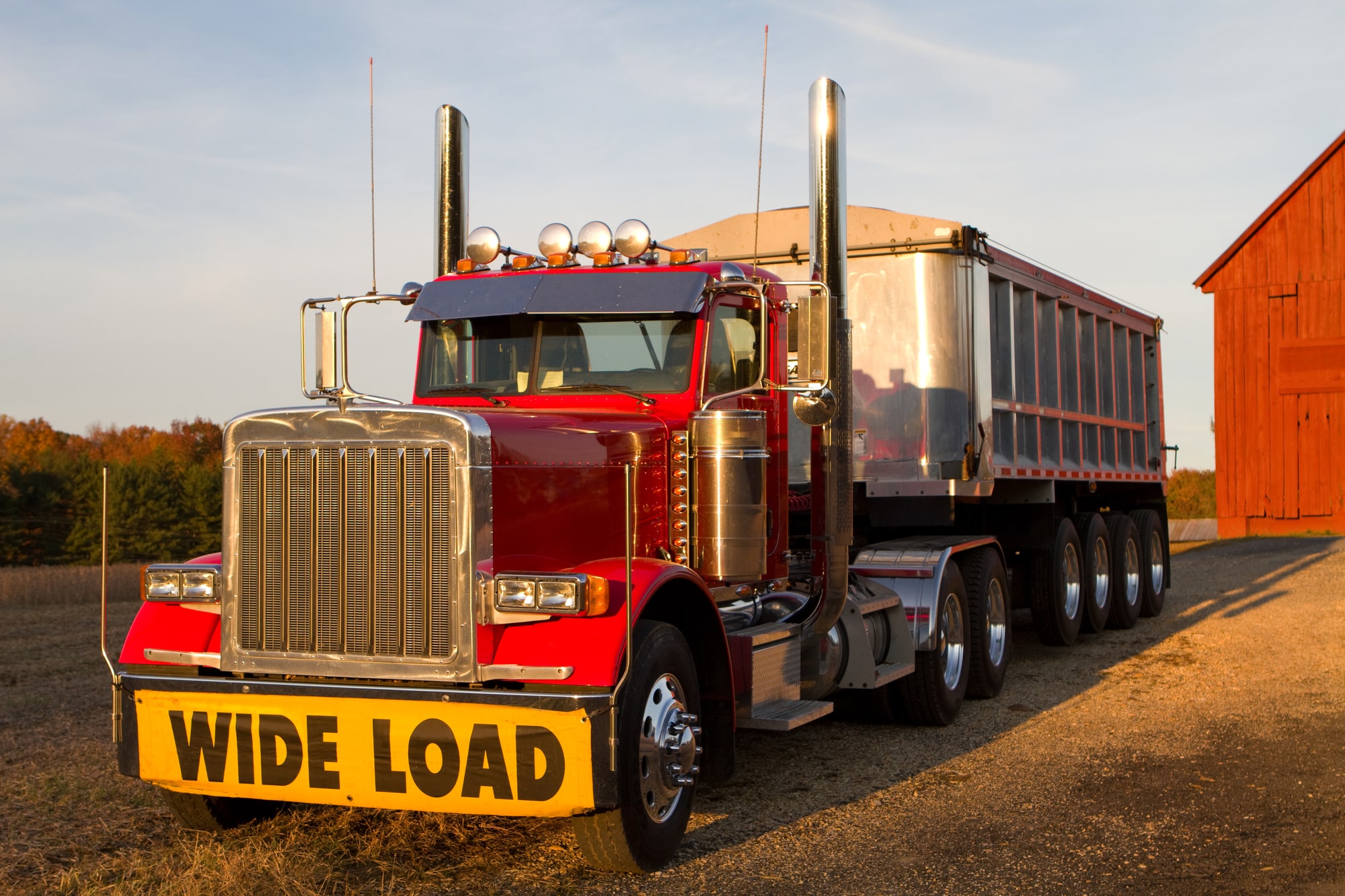Network Of Independent Truck Accident Attorneys
Michigan Truck Accident Laws
100% Committed To Maximizing Your Recovery
Michigan Truck Accident Laws

In Michigan, truck accidents are subject to specific legal guidelines that aim to promote safety on the road and protect accident victims. Commercial trucks are heavily regulated under both federal and state laws to minimize the risks associated with operating large vehicles on public roads. Michigan truck accident laws cover a variety of aspects, including liability, insurance requirements, and safety standards, which all play a role in determining who may be responsible for damages in the event of an accident.
Truck accidents often involve multiple parties, including the driver, trucking company, and sometimes even the manufacturer of truck parts. The laws in Michigan allow for various parties to be held accountable depending on the circumstances of the crash. Factors such as driver fatigue, improper maintenance, or violations of safety rules can all contribute to a truck accident, and the applicable laws help to establish liability based on these factors.
Federal Guidelines For Trucking In Michigan
Like other states, Michigan follows federal regulations set by the Federal Motor Carrier Safety Administration (FMCSA). These rules apply to commercial truck drivers and companies operating across state lines and set nationwide standards for safety, including the Hours of Service (HOS) regulations. These rules limit the amount of time a truck driver can operate a vehicle without taking breaks. This is a key element in reducing accidents caused by driver fatigue, which is a common issue in the trucking industry.
The FMCSA also enforces rules on the weight of trucks, the maximum gross vehicle weight for a federal-weight-law truck is 80,000 pounds, with most axles carrying 17,000 pounds each. In Michigan, the heaviest truck can weigh up to 164,000 pounds using 11 axles, with most carrying 13,000 pounds. Research shows that two smaller trucks carrying the same total weight cause about 60% more pavement damage due to higher axle loads and the additional tractor weight. In 2012, Michigan had 79,865 trucks registered by weight, with only 6% capable of exceeding 80,000 pounds, and less than 5% of all trucks on Michigan roads carrying more than 80,000 pounds.
Michigan-Specific Trucking Regulations
Michigan truck accident laws also include several state-specific rules. Commercial vehicles operating within the state must comply with Michigan’s traffic laws, which include restrictions on speed, weight limits, and inspection requirements. For instance, trucks must undergo regular safety inspections to ensure they are fit for the road, and exceeding state-imposed weight limits can lead to fines and increased risks of accidents due to the additional strain on the vehicle’s components.
Additionally, Michigan law mandates that trucking companies carry specific insurance coverage to protect against damages from accidents. In the event of a crash, this insurance can play a crucial role in compensating victims for their injuries and other losses. For more information about Michigan’s commercial vehicle regulations, you can visit the Michigan State Police website.
Liability And Fault In Truck Accidents
Michigan is a no-fault state when it comes to car accidents, meaning that each party’s insurance typically covers their own medical bills and damages. However, truck accidents are often more complicated because of the serious injuries and significant property damage they can cause. Michigan truck accident laws allow victims to pursue legal action outside the no-fault system in cases involving serious injury or death.
In determining liability for a truck accident, the behavior of the truck driver, the trucking company, and even the condition of the truck itself can all be considered. If the driver was fatigued, impaired, or violated safety regulations, they could be held responsible. Additionally, if the trucking company failed to maintain the vehicle or allowed unsafe driving practices, they may also share in the liability.
Michigan also uses the comparative fault system, which means that if the victim is partially at fault for the accident, their compensation may be reduced by the percentage of fault assigned to them. However, they can still recover damages as long as their level of fault is less than 50%.
Legal Steps After A Truck Accident
After a truck accident, taking quick action is important to protect your legal rights. Gathering evidence from the scene, such as photos and witness statements, can be crucial in building a case. Medical records are also vital to documenting your injuries and connecting them to the accident.
Michigan truck accident laws are designed to hold those responsible for accidents accountable. Whether it’s a negligent driver or a company that failed to follow safety regulations, it’s important to have legal guidance on your side. At Truck Law, we are experienced in handling truck accident cases and can help you understand your rights under both state and federal law.
Contact Us
If you or a loved one has been involved in a truck accident in Michigan, don’t wait to take action. Truck accidents can result in serious injuries and complex legal claims. Michigan truck accident laws offer protections to help victims recover damages, but acting quickly is essential. Contact us today for a consultation, and let’s discuss how we can assist you in pursuing the compensation you deserve.